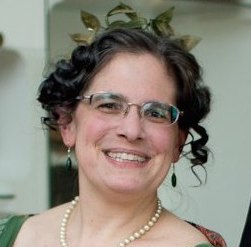Hello! You’ve reached this page because the linked Kickery post is temporarily unavailable.
This absence is due to the Typepad shutdown on September 30, 2025, which has forced Kickery to move to WordPress. Many (most) of its blog posts have not yet been restored, and it will be some time until the entire archive is back. Please feel free to email me if you have a specific question or to request the restoration of a particular post. I apologize for the inconvenience.
Susan

Capering & Kickery
Susan de Guardiola, Social Dance Historian